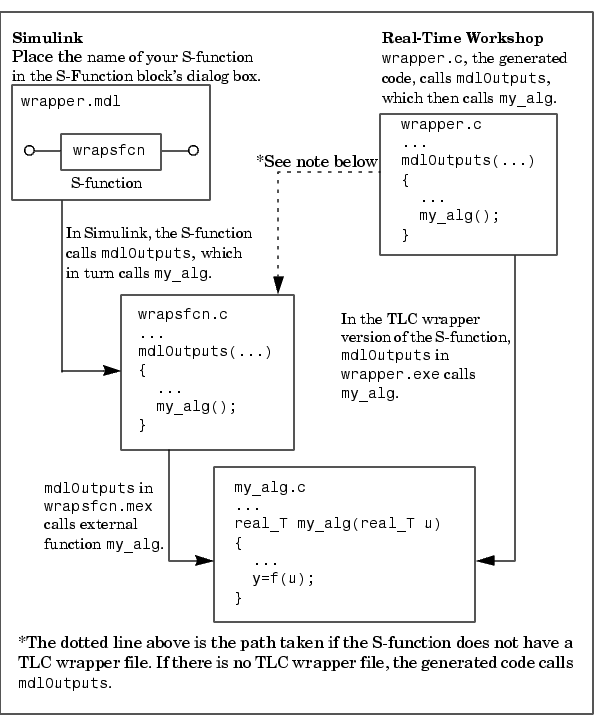
- #How to write c code functions how to#
- #How to write c code functions update#
- #How to write c code functions code#
- #How to write c code functions plus#
So you can’t call function declared extern "C" with the wrong number of arguments. Note that C++ type rules, not C rules, are used. The definitions of the functions may look like this: /* C code: */ Just declare the C function extern "C" (in your C++ code) and call it (from your C or C++ code).
#How to write c code functions code#
Obviously you don’t have much of aĬhoice if you’re not able to alter your C-style code (e.g., if it’s from a third-party). The point is that the effort required to clean up your C-style code may be less than theĮffort required to mix C and C++, and as a bonus you get cleaned up C-style code.
#How to write c code functions update#
The down-side is that you’ll need to update yourĬ-style code in certain ways, basically because the C++ compiler is more careful/picky than your CĬompiler. Possibly -hopefully!- discover some bugs) in your C-style code.
#How to write c code functions plus#
That pretty much eliminates the need to mix C and C++, plus it will cause you to be more careful (and
#How to write c code functions how to#
In addition, you’ll need to read the rest of this section to find out how to make your C functions callable by C++īTW there is another way to handle this whole thing: compile all your code (even your C-style code) using a C++Ĭompiler.

Otherwise I encountered an error when calling dyn.load(). One needs to add the following R function: Seems to me that to build an R package calling C/C++ functions, oneĬrucial step is missing in that tutorial (this might be due to theĭifference of the systems and versions of the R). Lenarcic's tutorial described clearly how to build an R package. How to build a package calling C/C++ functions? C("demoFunction", as.double(arg1), as.double(arg2)).ģ. within the function, one can call other C++ functions though.Īnd then call demoFunction from R as usual by. Void demoFunction(double *arg1, double *arg2) //all the arguments must be pointers. To call C++ functions from R, one should have However, the function to be called from R must be of C extern format. Sophisticated data structure that cannot be handled easily by C). One can have C++ functions in the source code (e.g. Therefore, the C functions should assign the to-be-returned value(s) to the value(s) pointed by this value-passer pointer.

Recall that in the C functions to be called by R, all the arguments are pointers. To return some values fromĪ C function to R, one should set an argument as the value passer. The C functions should have no return value. How to obtain returned values from C functions?

This part is clearly described in the two references mentioned above. Here LIBNAME is the name of the shared library file and FUNNAME is the name of the C function.

This explains how to call C/C++ (and Fortran) functions from R. Among other resources that can easily be found by google, these two seem to be the most useful to me. The following two references provide detailed instruction. Writing an R Package Calling C/C++ Functions Writing an R Package Calling C/C++ Functions


 0 kommentar(er)
0 kommentar(er)
